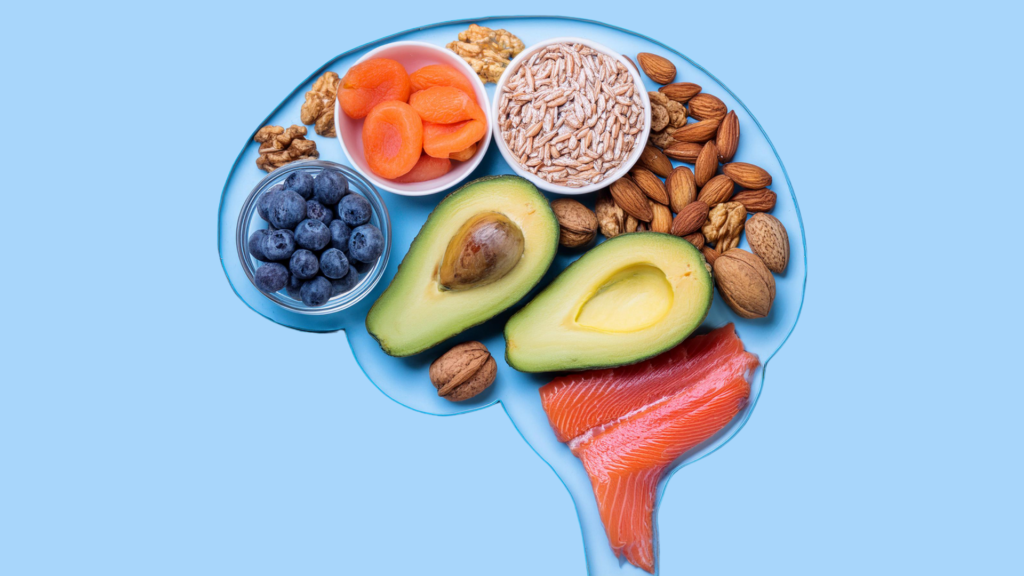Closing the Year with Gratitude: Lessons Learned from Serving Society
Join Us Find Us As the year comes to an end, it gives us a quiet moment to pause and

We often hear the saying, “You are what you eat,” but did you know that your diet can also impact your mental health? What we consume plays a key role in how we feel, both physically and emotionally. Our brains require proper nutrients to function optimally, and a healthy diet can help improve our mood, energy levels, and overall mental well-being.
In this blog, we’ll explore the connection between nutrition and mental health and how the right diet can positively affect your mood.
Just as poor nutrition can lead to physical health issues, it can also contribute to mental health problems like anxiety, depression, and mood swings. The brain relies on a steady supply of nutrients to function effectively, and without them, it can’t perform at its best. Here’s how certain types of food can influence your mental well-being:
Several nutrients have been shown to positively affect brain function and mental health. Including these in your diet can help boost your mood and well-being:
Now that we know the role nutrition plays in mental health, here are a few simple changes you can make to improve your diet and mood:
Your diet plays a significant role in your mental health. By nourishing your body with the right nutrients, you can support brain function, boost your mood, and reduce the risk of mental health problems like depression and anxiety. Simple changes like eating more whole foods, limiting sugar, and including healthy fats can make a big difference in how you feel each day.
Remember, taking care of your mental health starts with taking care of your body—one nutritious meal at a time.
Join Us Find Us As the year comes to an end, it gives us a quiet moment to pause and
Join Us Find Us In today’s fast-moving world, emotional challenges are becoming a part of everyday life. Stress, anxiety, self-doubt,